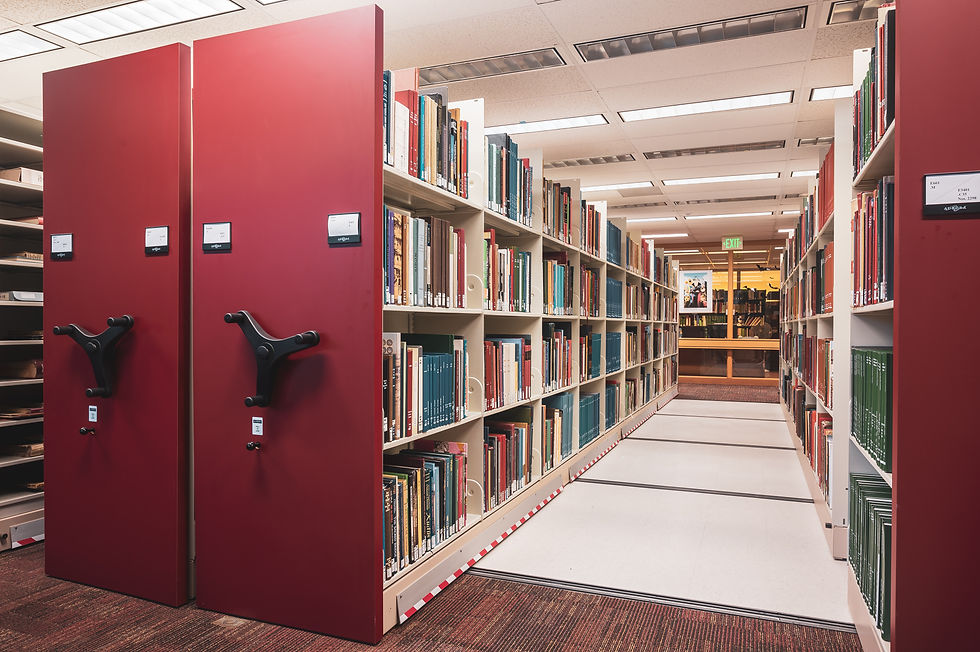Indigenous Perspective: How Collaborative Documentation Can Support System-Involved Youth
Mon, Jun 17
|Online Event
Nima Novak


Time & Location
Jun 17, 2024, 2:00 PM – 4:00 PM PDT
Online Event
About the Event
Nima Novak
Training Description
This training on Collaborative Documentation will provide participants with a comprehensive understanding of its principles, types, and key elements. Through interactive group discussions, attendees will explore the cultural considerations inherent in collaborative documentation, including the importance of cultural sensitivity and ethical considerations. They will also delve into the benefits of collaborative documentation, such as strengthening community relationships and empowering system-involved youth. Practical tools and techniques for implementation will be shared, ensuring that attendees leave equipped with clear processes and procedures to support system-involved youth effectively. Learning activities will include: self-reflection, storytelling of real life examples and participant question time.
Learning Objectives
By the end of the training, participants will be able to:
● Identify and explain the 3 key principles underlying collaborative documentation;
